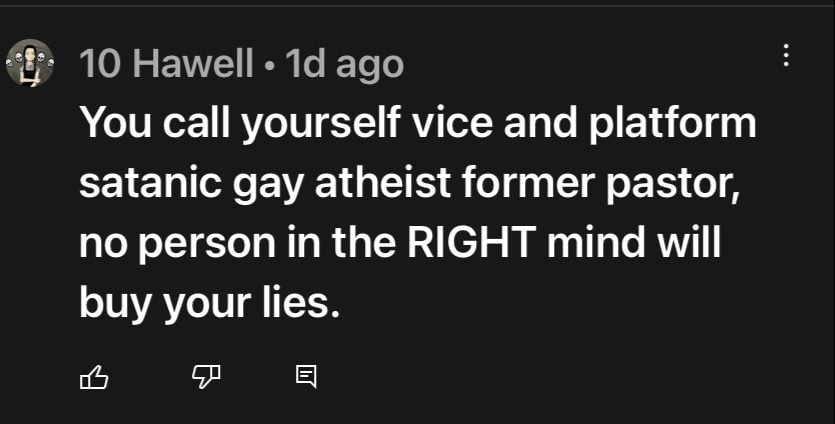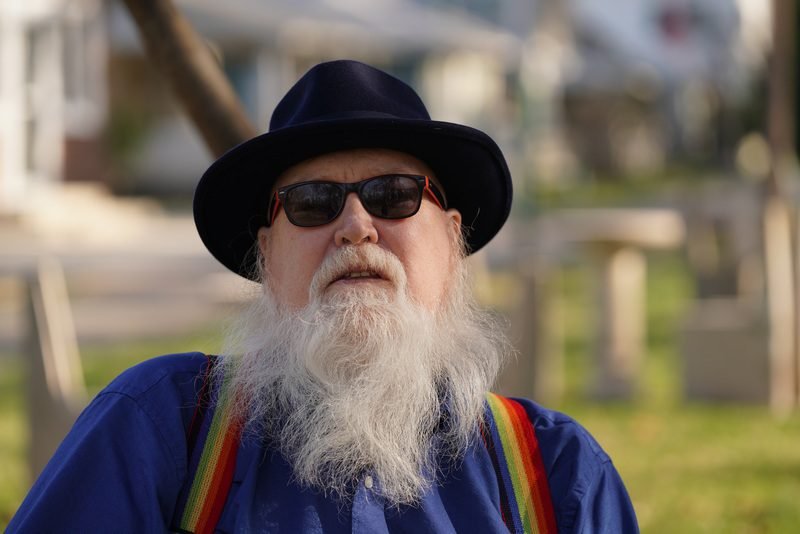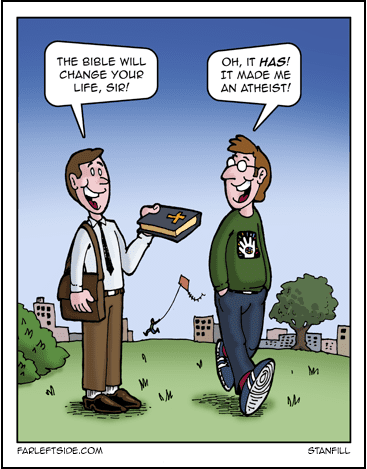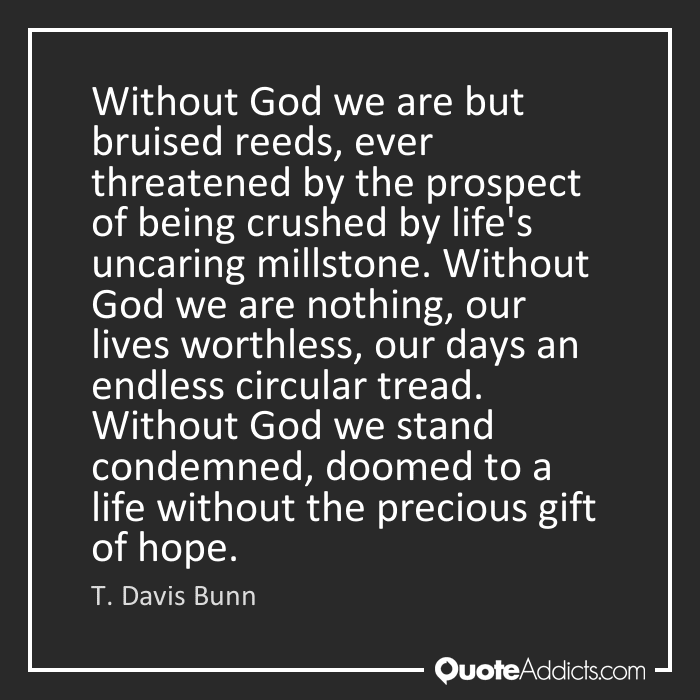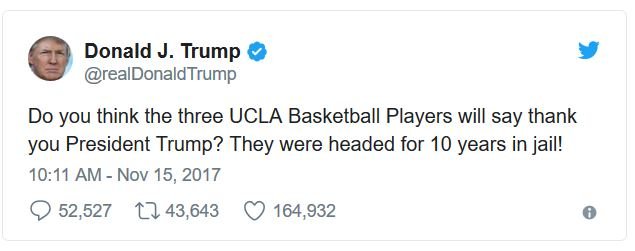
And I had this dream about a white creationist evangelical (WCE) who died and showed up at the gates of heaven.
Peter: “Why should God let you into heaven?”
WCE: “Who are you? Where’s Jesus?”
Peter: “I’m his representative. You know, the rock on which he built the church. You have to talk to me first and I need you to answer the question: Why should God let you into heaven? Keep in mind this is ‘Final Jeopardy.’”
WCE: “I trusted Jesus as my savior, and I know Adam and Eve were real people. No Adam, no Jesus, you know.”
Peter: “Did you feed the hungry?”
WCE: “Well, I opposed abortion. I happily intimidated young women who were at the abortion clinic for an abortion. I showed up for anti-abortion protests, and I attended rallies in Washington D. C. to put pressure on the Supreme Court. A leaked draft on the day of my departure from Earth indicated that the Supreme Court was going to vote to abolish abortion. Oh, how I would have loved to have been there for that glorious moment of sticking it to the liberals!”
Peter: “Calm down. This is not really a place that’s big on a lot of excitement and loud talking. Did you give water to the thirsty?”
WCE: What do these questions have to do with getting into heaven? Look, I upheld the honor of God by opposing gay marriage. Gays are an abomination to the Lord. And I really hammered all those radicals who didn’t understand that boys should be boys and not transgender persons. I defended the bathrooms of America with all my heart.”
Peter: “Did you know that I once thought Gentiles were an abomination to the Lord. Then, in a dream, God said to me, ‘What God has made clean, you must not call profane.’ What a jarring idea. When I went to the church council in Jerusalem, my fellow apostles and I had a real argument about this idea. And then, we decided to accept Gentiles. Do you think that applying the Jerusalem Church’s solution to inclusion could have been a good model for dealing with gays? Ok. Sorry for the rant. I have another question. Did you show hospitality to strangers?”
WCE: “I did if they were godly people: you know, anti-abortion, anti-gay, anti-science, anti-history, American patriots. But immigrants? No! I was part of the Minutemen who patrolled our southern border to keep all those criminals out of our country. I don’t understand this ‘snowflake’ need to pamper illegal immigrants. You have to stand up for your rights, and our rights as true Americans are threatened by these criminals – our values were endangered. So of course I didn’t show hospitality to them. As a good Christian I defended nationalist, heteronormative, sexist, ablest, racist, and classist power because that’s what God demanded.”
Peter: “Did you clothe the naked?”
WCE: “Is this some kind of sex question. Why do you want to talk about ‘nekkid people?’ Have you no shame? This place is not a nudist colony, is it? Are there a bunch of free-love hippies wandering the grounds? Look, I protested the way women dressed so sensuously. Disgraceful, I tell you, disgraceful.”
Peter: “Did you care for the sick?”
WCE: “I wrote letters and signed petitions against Obamacare.”
Peter: “Did you know that the legislation was actually called the Affordable Health Care Act. Almost everyone favors ‘affordable.’ Everyone is in favor of ‘health,’ and who would ever oppose ‘care’? Did you forget that Jesus was a healer, the ‘great physician’? Do you remember the story of the man left for dead on the Jericho Road and the stranger who paid for his emergency room, hospitalization, and rehab? Again, did you care for the sick?”
WCE: “Why are you telling me all this Bible stuff? What’s that got to do with heaven? I was trying to stop socialism, man.”
Peter: “Hmmm. Well, did you visit the prisoners?”
WCE: “I stood up for law and order, capital punishment, and long sentences for drug offenders. Lock’em up, I say. I opposed BLM, CRT, ‘wokeness,’ and all those liberal socialists in Congress. The Dems are demons, I tell you, and they are in the sex slave business with children. Ungodly.”
Peter: “You have quite the resume. What else did you do?”
WCE: “I was a true patriot who defended the flag, the Pledge of Allegiance, prayer in schools, ‘In God We Trust,’ and ‘one nation under God.’ I would have sent those professional ballplayers to prison for kneeling during the national anthem. I gave money to David Barton, a godly man trying to destroy the First Amendment to the Constitution. He really looks great in that red, white, and blue suit! Speaking of the glorious red, white, and blue, where’s the American flag? Why isn’t it flying over this place?
Peter: “I should warn you that you seem to be conflating Americanism, nativism, sexism, and racism with Christianity. Is there anything else you would like to add?”
WCE: “Well, I did my part to keep the world addicted to fossil fuels. I tried to help people to see that women must be submissive to men. And I supported all the efforts to rewrite American history to get rid of those liberal notions of systemic racism.”
Peter: “You really have quite the resume.”
WCE: “Thanks! And there’s more. I tried to help people see that God created the world in six literal days, and that evolution is a lie of the devil. And since the public schools – the devil’s playground – are infected with evolutionism, I have worked to convince parents to send their children to fundamentalist schools, where they will be taught a biblically consistent curriculum, and where they will learn the truth about six-day creation and the 6000-year-old universe.”
Peter: What are you talking about? God gave you a brain, and this is the drivel you come up with?
WCE: “Oh, my, I forgot one of the most important of causes. I supported the Second Amendment to the Constitution. I believe in God and guns, lots and lots of guns. By the way, where are the armed guards, and why don’t you have a wall? My pastor told me that God loves walls, and that there was a huge wall in heaven, but I only see open spaces. Look, I know the line is getting long behind me, so let me sum up. God should let me into heaven because I believe in God, guns, the Bible, male superiority, and heteronormative white society. I believe in keeping America for real Americans, real patriots. I believe in the 4th of July as a Christian holiday, and the Pledge of Allegiance as the church’s creed. And I can’t wait to join the QAnon chapter here in heaven!”
Peter: “Oh my. Well, you can go through the door on the left. It’s a sort of holding pen for applicants with muddled answers. I will get back to you in a few million years with a final decision. In the interim I will register you for some remedial classes in science, history, and the Bible. Have a nice eternity. I need a break.”
— Dr. Rodney Kennedy, Righting America: A forum for scholarly conversation about Christianity, culture, and politics in the US, A White Creationist Evangelical Arrives at the Gates of Heaven, May 16, 2022
Bruce Gerencser, 68, lives in rural Northwest Ohio with his wife of 47 years. He and his wife have six grown children and sixteen grandchildren. Bruce pastored Evangelical churches for twenty-five years in Ohio, Texas, and Michigan. Bruce left the ministry in 2005, and in 2008 he left Christianity. Bruce is now a humanist and an atheist.
Your comments are welcome and appreciated. All first-time comments are moderated. Please read the commenting rules before commenting.
You can email Bruce via the Contact Form.





